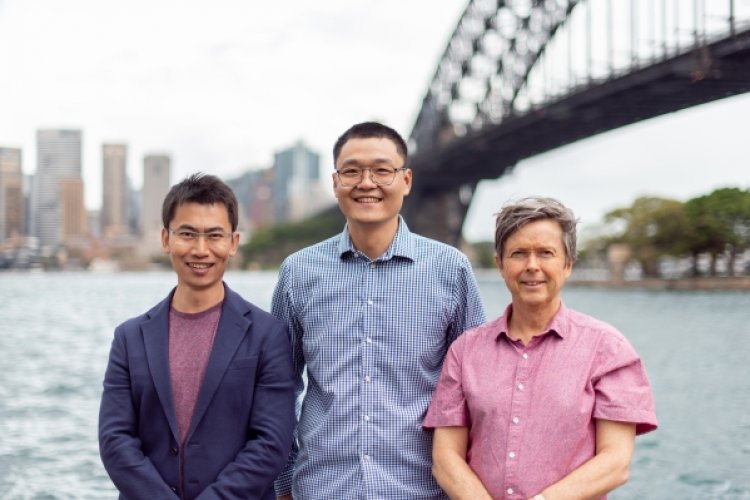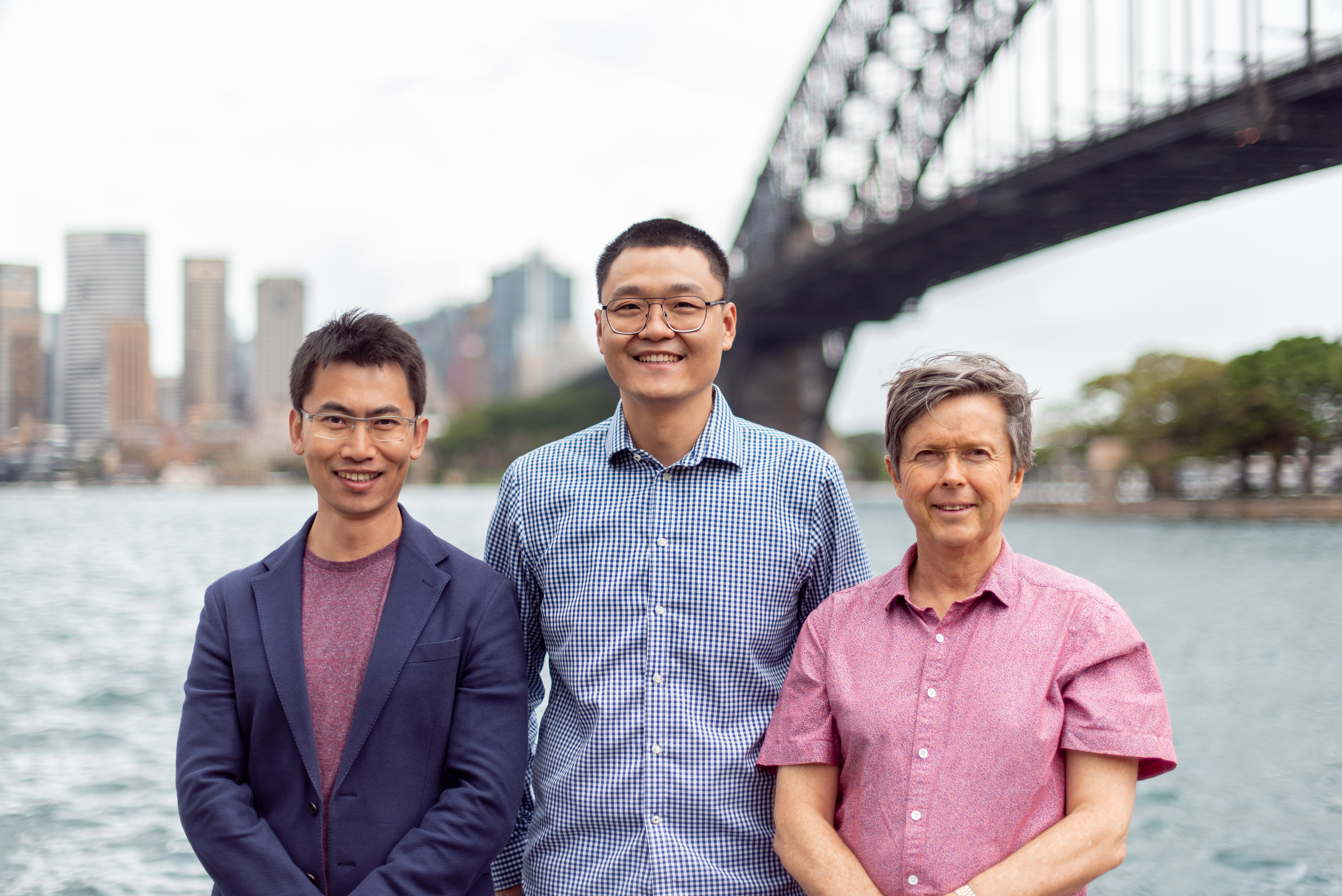Curious Thing’s voice AI communication platform asks the right questions
Sydney-based Curious Thing is an aptly-named startup. The voice AI communication platform can call people and ask them questions like “How are you feeling today?” and then follow up with “how does it feel compared to yesterday?” Used primarily by health and financial companies, Curious Thing announced today it has raised $7 million AUD (about […]


Curious Thing founders Dr. Han Xu, Sam Zheng and David Mckeague
Sydney-based Curious Thing is an aptly-named startup. The voice AI communication platform can call people and ask them questions like “How are you feeling today?” and then follow up with “how does it feel compared to yesterday?” Used primarily by health and financial companies, Curious Thing announced today it has raised $7 million AUD (about $4.8 million USD) in pre-Series A funding led by Hawkstone with participation from Blacksheep Capital, January Capital and returning investors Reinventure and Qualgro.
Curious Thing was founded in 2018 by CEO Sam Zheng, CTO Dr. Han Xu and chief strategy officer David Mckeague as a HR tech company, before pivoting to voice AI this year. The company says its platform has processed more than three million minutes of AI-human conversations so far. Its clients include Foodpanda, Quitline, Calvary and Medibank, Brighte, Humm Group and several state and local governments.
Zheng told TechCrunch “instead of answering questions like ‘what’s the weather today?’ we thought, can we can build an AI that is designed to ask open-context questions and importantly derive insights from people?”
“It’s a voice AI because the voice phone call carries the right characteristic of being proactive and prompt to encourage customers to share more,” he added. “We know that for the same question, people are more likely to share if they are talking.”
Zheng said he usually describes Curious Thing to clients as “proactive customer care.” In the health sector, it is used for daily check-ins on patients. For example, the company worked with multiple state governments in Australia to call COVID patients about their situation and symptoms, so clinicians could give them the right kind of support. In the financial services and fintech industries, Curious Thing’s use cases include onboarding assistance, information validation, payment reminders and lapsed customer feedback collection.
Some other examples of questions Curious Thing can ask include: “you have an appointment on Friday, can I please confirm that you are coming,” followed by “do you need to reschedule” if a patient says no. In the financial services industry, it can ask people things like “Your membership has expired, would you reconsider renewing if we give you 10% off?,” “Can I please understand why you decided to stop using our service?” and “Thanks for using our service. Is there any feedback you can share with us?”
About 85% of Curious Thing’s revenue currently comes from Australia, and part of its new funding will be used to expand in Southeast Asia and the United States, Zheng said. It also plans to hire for its tech team.







